7. The Way Back
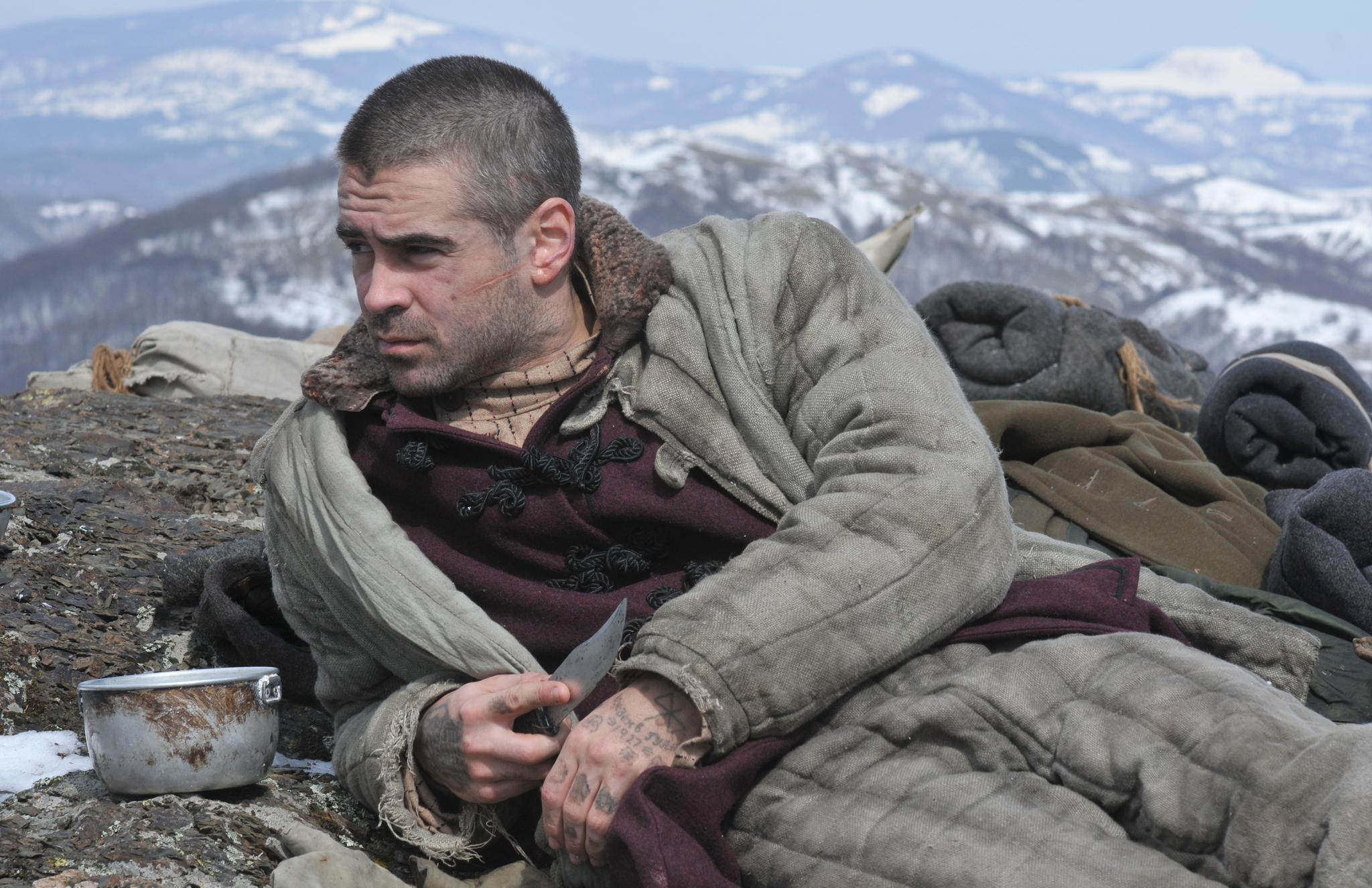
An often overlooked and underrated return to the fold for Weir – it was his first film since 2003’s Master and Commander: The Far Side of the World – which sees him follow a ragtag group of gulag escapees as they make their way across hundreds of miles of fierce terrain in the hopes of finding safety. The film may not pack the emotional punch of Gallipoli, but it’s still superbly written and features some stellar performances from Ed Harris and the mightily impressive Saoirse Ronan, with Colin Farrell managing to shine rather brightly too as he adds an extra dimension to the disparate ensemble.
Despite its bleak setting The Way Back almost harkens back to the idylls of childhood in a way: It was a time in one’s life where places could take on almost mystical qualities that seemed to make them imbue a feeling of security. In the film, the cast traverse a world tearing itself apart as they blindly follow Jim Sturgess’ Janusz in the belief that perhaps such safe places can exist. Of course, that’s not to say that they do, here the world is at war and is tearing itself apart, but then Weir is surely asking us whether or not the illusion of hope is better than having none at all?
6. Fearless
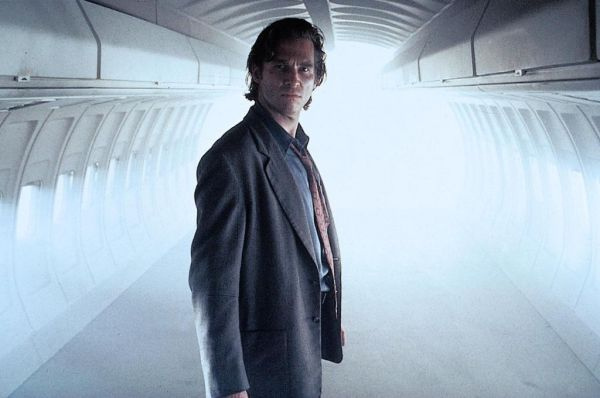
Fearless is yet another triumph for Peter Weir, written by Rafael Yglesias and adapted from his own novel, the film looks at the nature of fear as well as the overcoming of it, to highlight how it is but another way in which we are all connected to one another.
The narrative concerns Jeff Bridges’ character, Max Klein, as one of only a few survivors of a horrendous plane crash, he is hailed as hero for his actions immediately following the accident but as he soon returns back to his normal life he finds himself feeling distant to those that he loves. Klein has also developed a belief, that doesn’t appear to be unfounded, that he is now impervious to harm, with Weir drawing particular attention to the impact of traumatic experiences and the devastating consequences that they can have on us, mentally and physically.
It’s a finely written film with an all-star cast that includes Cohen brothers’ favourite John Turturro, Rosie Perez (who rightly earned an Oscar nomination for her performance), Isabella Rossellini and an early part for Benecio del Toro, but it’s Bridges that steals the show with yet another impeccably nuanced performance that highlights his startling abilities as an actor. Fearless is beautiful, gripping and emotionally charged, and through it Weir shows us just how much a fear of life, as well as death, can be crippling to us.
5. The Last Wave
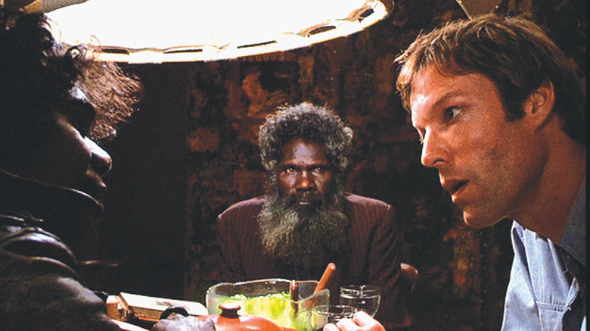
Creating a follow up to the critically acclaimed Picnic at Hanging Rock was always going to be a pretty tall order, but in The Last Wave, Weir came very close indeed. In terms of the narrative, it all appears to be a rather straightforward affair from the outset, Richard Chamberlin plays a defence attorney charged with defending four aborigine youths that have been charged with the murder of a fifth one. However, facile this is not. The Last Wave is in fact a rather creepy film built upon layers of illusory visions; dreams that ultimately tie in to an eventual plot twist, but moreover help to give the film a character entirely of its own.
There’s plenty of symbolism here to highlight the divide between the Australian people; the pragmatic, almost close-minded whites, and the more spiritual aborigines – a divide that Chamberlin eventually crosses. Perhaps in this regard, one can look at it and conceivably see that in this instance Weir isn’t simply emphasising the disparities between people, but perhaps their likenesses instead. The Last Wave is a film that appears to yearn for a simpler, wholesome and more emotionally enriching way of life, a theme that would later show up in this next movie.
4. Witness
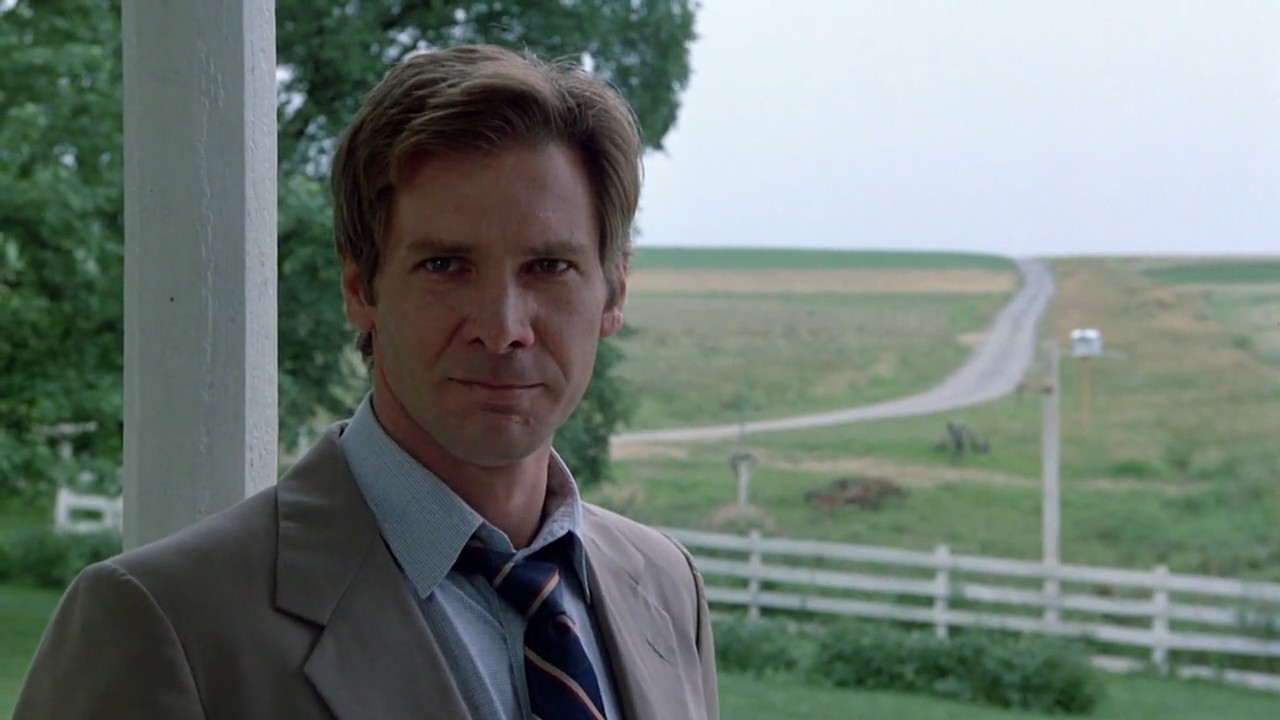
Working with Harrison Ford for the first of two outings, 1985’s Witness is a superbly crafted thriller wherein a young Amish boy – on a rare foray into the real world – witnesses a murder in a bus station toilet, with Ford taking on the role of the detective investigating the case. In the process of doing so, he finds corruption in his own department and eventually, with his life in danger, flees to find refuge within the Amish community. Naturally, he is not exactly greeted with open arms, but in time he adapts to their way of life and eventually, as the relationship between him and leading lady Kelly McGillis deepens, the pair fall in love.
As one might expect from a Peter Weir film both the writing and cinematography are truly top notch, and as always, what you see is not always what you get. There is a typical Hollywood ending – the corrupt cops track down Book for a final confrontation – that might appear tacked on, but perhaps there’s more to it than that? Ford and McGillis’ simple life is romanticised and puritanical, but it naturally becomes enveloped by the violence of the outside world to show us how fragile and transitory such precious moments truly are.
3. Picnic at Hanging Rock
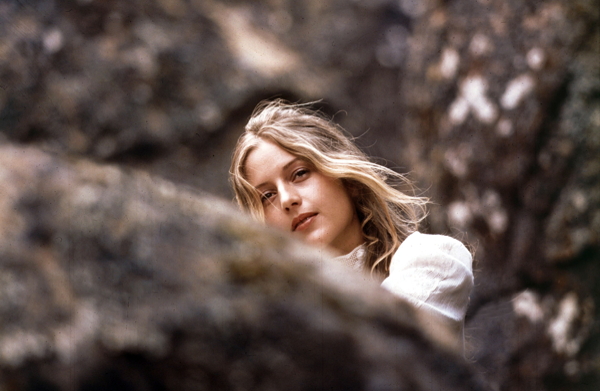
The film that would make a star out of its director, and for good reason too. 1975’s Picnic at Hanging Rock is based on a purportedly true story which sees a group of girls from a finishing school taken to the foot of the titular igneous formation for a day away from the usual humdrum of study. What transpires after this is anybody’s guess, but with some beautiful cinematography, strong performances and a narrative that asks more questions than it answers, Picnic at Hanging Rock became the film that made the world sit up and take notice of the Australian film industry.
One can only wonder why the girls, when leaving for their picnic do so with such finality, as though in full awareness of the fact that they are never to return – save for one who gets found several days later with no memory of the incident – but then, as another points out, Hanging Rock had been waiting “a million years” just for them. Perhaps asking why would be little more than a futile gesture, a feeble attempt to swim against the tide of fate that would eventually consume them as it will us in due course. Regardless, Hanging Rock is an eerily haunting and utterly beautiful piece of film making that simply must be watched.
2. The Truman Show
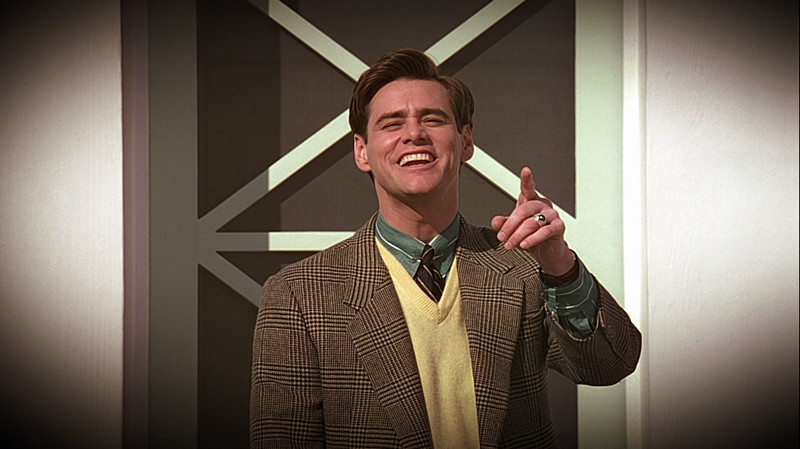
A film that has only become more relevant in the years since its release owing to the mass adoption of social media, but whilst Jim Carrey’s titular character is in fact an unwitting prisoner in a reality television show, we do the same thing willingly, exposing the most private aspects of our daily lives to constant inspection from complete strangers.
Andrew Nicol’s script is perfect, and the performance that Carrey delivers as a man slowly dawning on the realisation that his life is not his own is utterly marvellous. The Truman Show is a very clever and witty piece of film making that shines a stark spotlight on our obsession with celebrity culture and the then burgeoning field of reality television shows without feeling overly self-conscious or forced.
In his seemingly perfect world, perpetually under clear blue skies in daytime, Truman yearns for something more out of his life, something more satisfying than a mere idyllic façade, and in the end, he gets it. Through his transformation we see the film move from tragic, dark satire into something more positive and life-affirming that shows us that change really is possible within our own lives.
1. Dead Poets Society
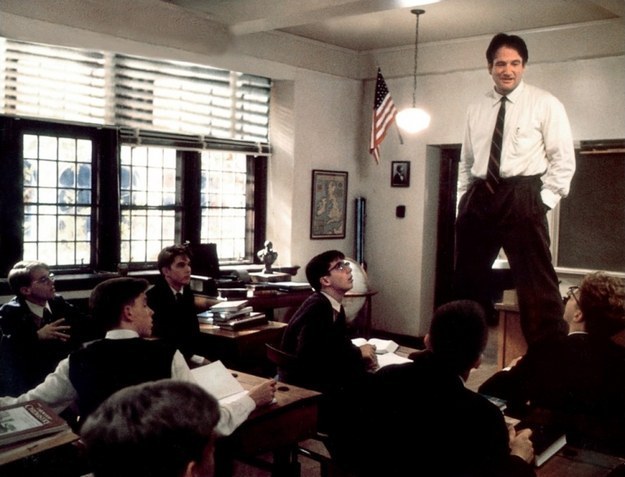
An emotional sucker punch of a film that sees funny man Robin Williams provide a wonderfully under-stated performance backed up by a host of young stars, including an early role for Ethan Hawke. Like The Plumber before it, Weir seems to draw attention to his belief that the wealthy do not act in accordance to who they truly are, but opt instead to keep up appearances.
In Dead Poets Society this extends to their children too, and how they themselves have almost no influence over their own destinies and are instead expected only to do what is demanded of them. Williams’ character, John Keating, arrives at the Welton Academy to inspire his students to believe otherwise; he tears pages from textbooks and has them learn to look at things from differing perspectives, encouraging them to live their lives to the fullest. Of course, the old establishment are far from keen on Keating’s teaching style and the influence that he has over his students, leading events inexorably towards tragedy.
Dead Poets Society is an immensely powerful picture that was rightfully nominated for four Oscars, including a Best Actor nomination in acknowledgement of Williams’ striking performance, picking up an award for Tom Schulman’s sublime screenplay. It is gripping, moving and unmissable.